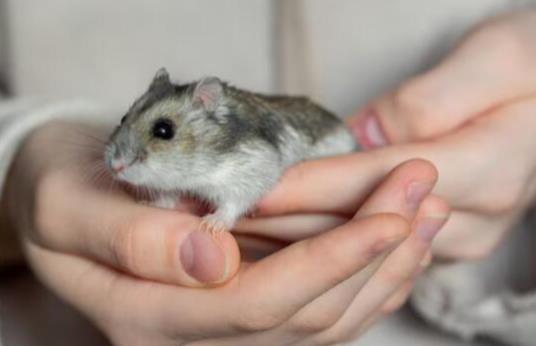As pets, hamsters typically have a lifespan of 2-3 years, but their exact lifespan is significantly influenced by factors such as breed and care conditions. Below is a detailed analysis:

1. Average Lifespan Range
Common Breeds
Mainstream pet hamster breeds like Syrian Hamsters (Golden Hamsters) and Djungarian Hamsters (Three-Stripe Type) have an average lifespan of 2-3 years.
Roborovski Hamsters (Robo Dwarfs) live longer, with a lifespan of up to 3-4 years.
Gender Differences
Male hamsters usually live longer than female hamsters. Female hamsters that have never given birth live longer than those that have reproduced.
2. Key Factors Affecting Lifespan
Breed and Genetics
Roborovski Hamsters have the longest lifespan due to genetic advantages, followed by "bear-type" hamsters (e.g., Syrian Hamsters).
Care and Management
Diet: Provide nutritionally complete hamster food, avoid high-sugar and high-salt foods, and replace with fresh drinking water daily.
Environment: Keep the cage clean and ensure sufficient space (a minimum cage size of 60cm×40cm is recommended).
Solitary Housing: Hamsters are solitary animals; housing multiple hamsters together can easily lead to fights and stress.
Health Care
Regularly check their droppings and fur condition, and promptly treat illnesses (such as wet tail disease and respiratory infections).
Avoid overbreeding, as reproduction significantly shortens female hamsters’ lifespan.
3. Tips for Extending Lifespan
Scientific Diet
Choose additive-free, breed-specific food as the main diet. For supplementary food, add small amounts of fresh vegetables (e.g., lettuce, cucumber).
Avoid feeding human food (such as chocolate and onions).
Environment Optimization
Use a ball water bottle to prevent chin moisture, and thoroughly clean the cage 1-2 times a week.
Provide enrichment items like exercise wheels and tunnels to reduce stress.
Disease Prevention
For elderly hamsters (after 1.5 years of age), reduce high-protein foods and increase easily digestible fiber.
Keep emergency supplies at home, such as electrolyte water and probiotics.
4. Extreme Lifespan Cases
Under ideal conditions (e.g., constant temperature of 26°C, no illnesses, and scientific feeding), individual hamsters can live up to 4 years. However, such cases are relatively rare.
